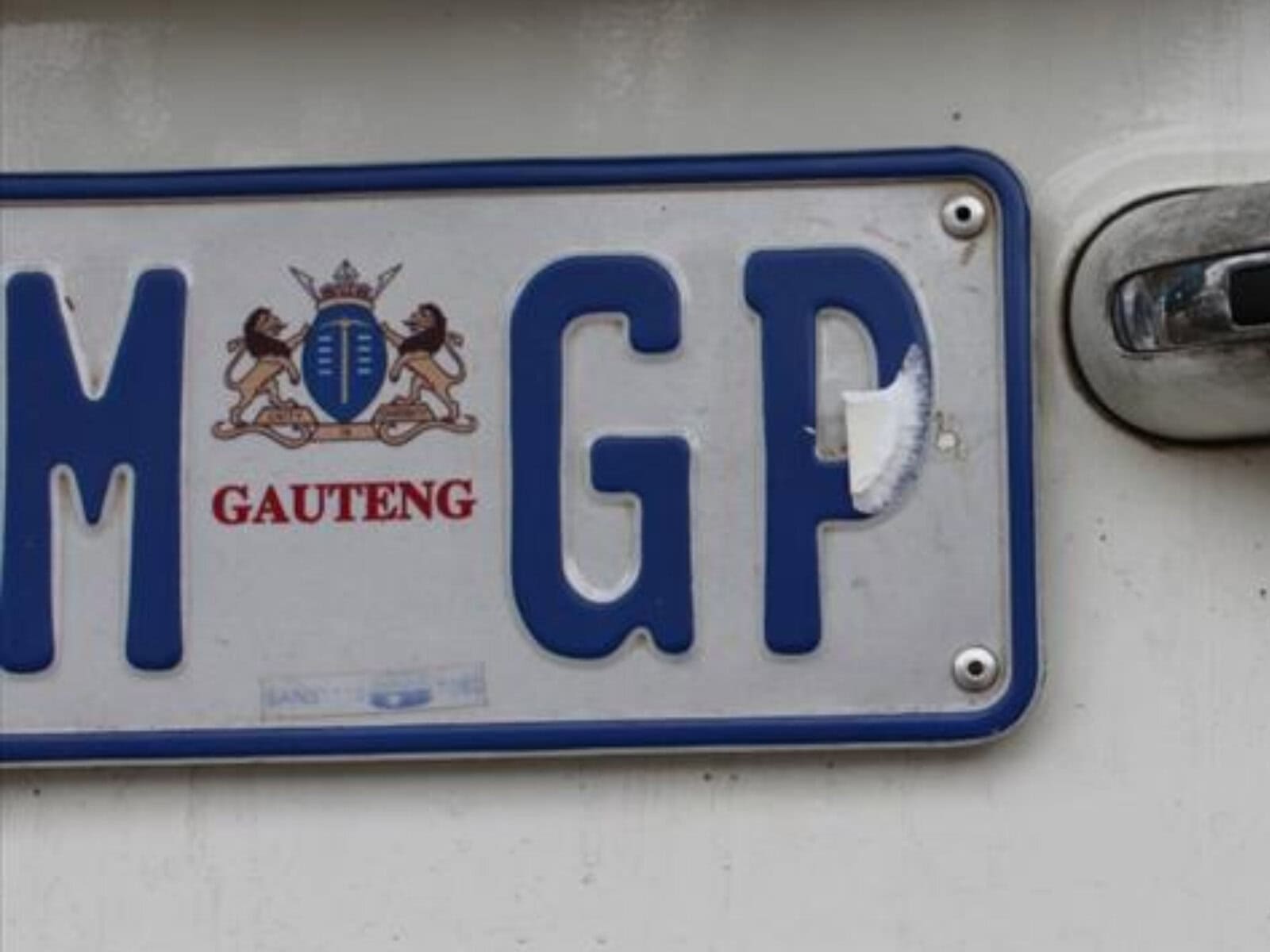The provincial transport department in June launched the trial phase of a new vehicle licence plate system in Gauteng.

AfriForum is pressuring the Gauteng Department of Roads and Transport (GDRT) on the cost and effectiveness of their new vehicle licence plate programme.
Last week, AfriForum launched an internal appeal with the department after their Promotion of Access to Information Act application was ignored.
The GDRT recently launched the new system which will be piloted on government vehicles until the end of 2025.
New number plate trial
Transport MEC Kedibone Diale-Tlabela unveiled the new licence plate system at an event at Nasrec in June.
The new plates feature decals that reveal tampering and forensic QR codes which are linked to a centralised digital database.
“These smart number plates will significantly reduce vehicle cloning, trafficking of stolen vehicles, and the use of falsified plates in criminal activities. It is about disrupting criminal networks and improving road safety,” stated Diale-Tlabela at the launch.
AfriForum campaign officer Louis Boshoff was adamant that the department needs to disclose the costs associated with the system, as well as the time frames expected for motorists to comply.
The MEC’s spokesperson Lesiba Mpya explained to The Citizen that the final specifications for the system could only be disclosed after the trial phase.
“The system is currently undergoing its pilot phase, wherein it is taken through stress testing and debugging, which is standard with any new technology, before we make determination on costs and modalities around costs,” Mpya said.
‘Better law enforcement’ needed
Boshoff questioned if the government knew how many counterfeit plates were in circulation in Gauteng and was sceptical of the programme’s ability to improve road safety.
“As long as criminals can get away with driving without number plates on their vehicles, it will make no difference how good the required number plates are,” Boshoff stated.
“The solution lies in better law enforcement – not new gimmicks,” stated Boshoff.
Mpya explained that through collaboration with the law enforcement, the features will help track and trace criminals and remove improperly registered or unregistered vehicles.
“As part of the province’s integrated approach on combating crime in and around Gauteng, the department introduced this tamper-proof new number plate in order to mitigate against crime and improve the vehicle identification regime,” Mpya said.
Proposed economic benefits
Police were asked how many fraudulent licence plates and licence disks were estimated to be in circulation, but no response was forthcoming.
Diale-Tlabela previously stated that the new system would come with economic benefits for local manufacturers, as well as opportunities for “technology-driven enterprises”.
AfriForum’s initial PAIA application queried the motivation of the new system as well as the research used to justify the programme.
“The premier wants to have around seven million new number plates manufactured, but he is not even prepared to disclose how much it will cost – this is unacceptable,” Boshoff said.
NOW READ: Lesufi links vehicles to crime as Gauteng launches new number plate system






